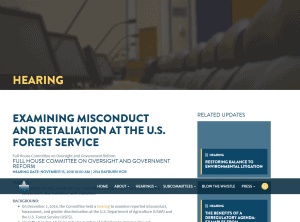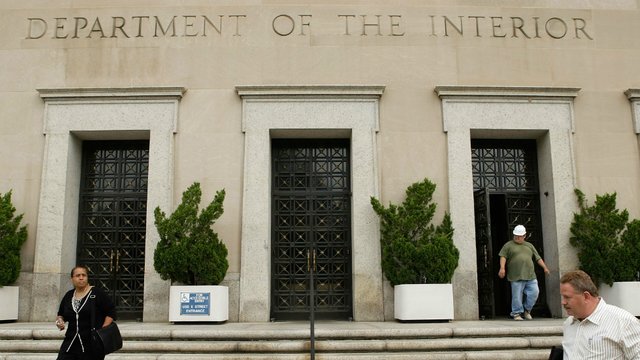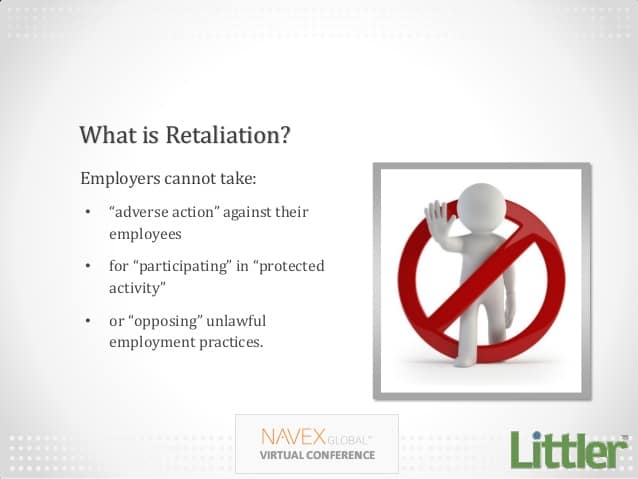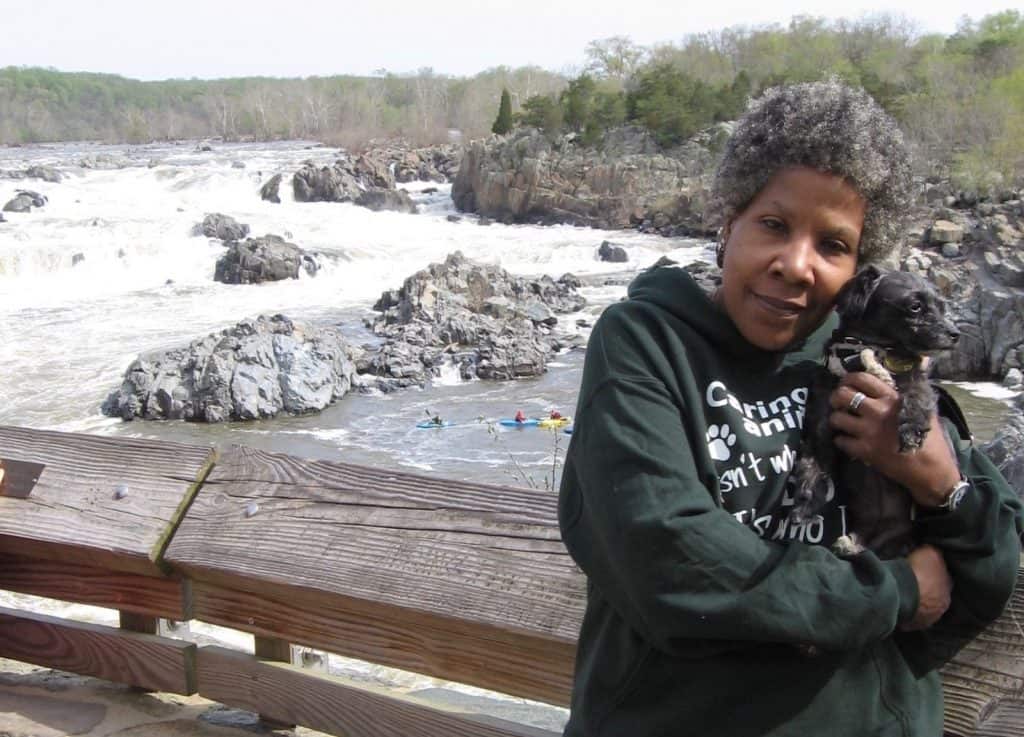A kind reader provided a list of the suggestions of the interviewees in the NBC show (see post here), and we can use this thread to discuss them and provide our own. I also believe in the power of openly sharing stories and ideas, so if you would like to do that in a post format, please email me.
The below two paragraphs are just about assault, not the many other bullying things people do.
**************************
On Sunday, Father Bob gave a homily about the Roman Catholic sex abuse crisis. He went into some detail about whom he thought should be on the review team..laypeople, women and so on, including law enforcement, inside and outside the Church. Later I was reading a story in the Forward here from 1913 in Poland, in which girls were abused in the woods and at Hebrew school and the teacher was arrested, apparently the rabbi reported it. Over one hundred years ago, people knew what to do, so the question continues to be “why aren’t people doing it.
When I think of assault, as some of the people (and Melody) described, I wonder why women don’t report it to the police. If the FS way is “that’s not the way we do it here, we do our own internal investigations” well, I can see an easily solved problem right there. Stop recriminations against people who report and discourage supervisors from not reporting what happens to their employees. And by reporting, I mean local law enforcement.
I also think that we can think about the bishops that are now in trouble for not reporting and passing abusers around. I know that has happened in the FS, at least in the 80’s, with women and children. The RC’s are going back in time to figure that out. I’m not recommending that (going back in time and firing people), but just drawing some similarities. Large organizations, (mostly) run by men, people are stuck with each other for their lives when it’s not easy to move away, and so have a variety of probably similar passive-aggressive power and gossip games they play. It strikes me that universities and the military probably have some of the same issues. I don’t say that to be negative, but just to say that there is a large body of organizations that need to figure this out, not just the Forest Service, or other fire agencies, so there’s a lot of horsepower that could be tapped.
********************************
Anyway, here are the suggestions from the show to address the broader problems:
*Recruiting the right women – giving them the opportunities – not about the numbers – that won’t work
*No woman alone on crews – especially young women – needs to be more support
*all woman crews
*peer to peer – how we support one another – we make up the culture – how to make a difference – (have the uncomfortable conversation)
And some other suggestions from readers:
short term
*immediately get any woman out of any location for any reason – no questions asked – placed in a safe location
*certify locations as safe for women
*no men and woman alone – always a third person – (youth protection training in Catholic Church – Boy Scouts)
*don’t follow the rules to get rid of the problems – pay them off to leave if rules broken
long term
*check out who we are hiring before we hire them – interviews – reference checks – then check them out in the first year probationary period – get rid of those with even minor violations
I don’t exactly how fire crews work anymore, but if individuals have a bad group dynamic going on (such as the insubordination discussed in the interviews) can they be broken up and individuals sent to other crews? In my experience, if people are inclined to bully, and sneaky enough, and knowledgeable about the rules enough, they can be a negative force together, even with the best new supervisor.. keeping just at the edge of the reportable line, but not a good workplace for anyone. I would call this the “pack of jackals” policy. Remove jackals from the pack (individuals to different packs) until the behavior returns to acceptable.
Finally, I think for churches and the Forest Service part of the problem is that so many (90%?) employees are good folks, most people don’t (need to) develop the array of skills needed to deal with this kind of people/bullying until it’s too late. That’s why there should be a “Jackal Force” on call to help.





